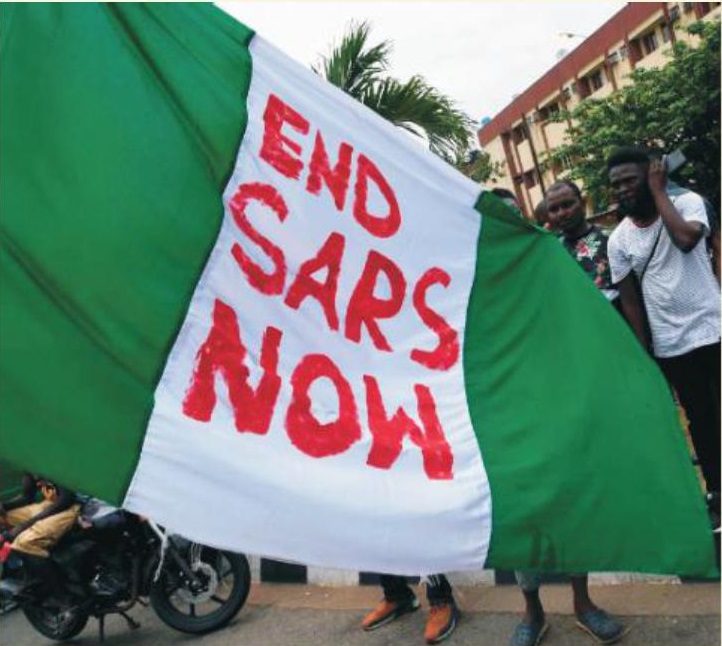
The #ENDSARS Protest: The Aftermath
Ishaq Monsoor, GCI Press Club Member
The End SARS campaign isn’t merely about the corruption of the department of the Nigerian Police Force (NPF), Special Anti-Robbery Squad.
It is also a broader call for social justice by Nigerian youths in the most populous black nation on earth. The protest and their fundraising structure have created a microcosm of a properly functioning nation.
The #EndSARS campaign has drawn worldwide attention to Nigeria with support from both international corporations and celebrities. It has become the latest protest movement to attract solidarity on a global scale, especially, after security forces opened fire on unarmed protesters at Lekki Toll Gate on 20th of October 2020, reportedly killing 12 people. A total of 56 people died in Nigeria since the onset of the protest.
Beginning as a call to dismantle the country’s brutal subdivision of the NPF- The Special Anti Robbery Squad (SARS). #EndSARS is a battle Nigerians have been fighting for years. But beyond the fact that it echoes the Black Lives Matter protest, it is significant on its merit because it is a movement across the whole youth spectrum in Nigeria.
The SARS unit was disbanded on 11 October but the campaign’s momentum rolled on, hence, the violent response. The political class is running scared because the End SARS protest demanded nothing less than an overall change in how Nigeria is governed.
In 1992, the government created a new Nigerian police unit to tackle the epidemic rise of armed robbery in the country, but it soon went rogue and began its armed robbery operation.
Its crimes began extortion at gunpoint between 2017 and 2020, SARS operatives were found to have committed at least 82 acts of torture or extrajudicial execution with their victims within the age range of 18 and 35 years old.
In 2013, 35 bodies of missing people were discovered in a river in Anambra State of which the committal was linked to SARS. Calls to end SARS were ignored by the government for a long time until last year when international pressure forced it to act, till the unit gets dissolved.
However, beyond what the media coverage superficially suggest, this is about much more than Police Brutality, while the nightmarish transgression of the SARS unit were the spark for the outrage, the protester have grown to encompass more than that single issue.
Nigerians are demanding an abolition of the hegemonic structures that keep them victims of such oppression. Today’s young Nigerians also part of a generation who have been through global recessions in their formative years.
They inherited a country over run by decades of military rule and continued corruption, coupled with a further sense of helplessness resulting from the Covid-19 pandemic. The #EndSARS protest has become a means to channel their anger into creating a microcosm of a functional nation.
They are using the protest to signify that Nigerian youths make up 70% of its work force but the same demographic are unfairly targeted by police and routinely murdered, even in the face of death and censorship, Nigerian youths are not breaking down in their dreams of rebuilding by choosing to run a strategic decentralized movement.
They are fighting for their lives and justice over the killings of their peers. Some who died while asking not to be killed who flew the Nigerian flag so high in the sky but bullets were opened on them. #EndSARS is a demand for existence of chance for Nigerians to reset our nation.
